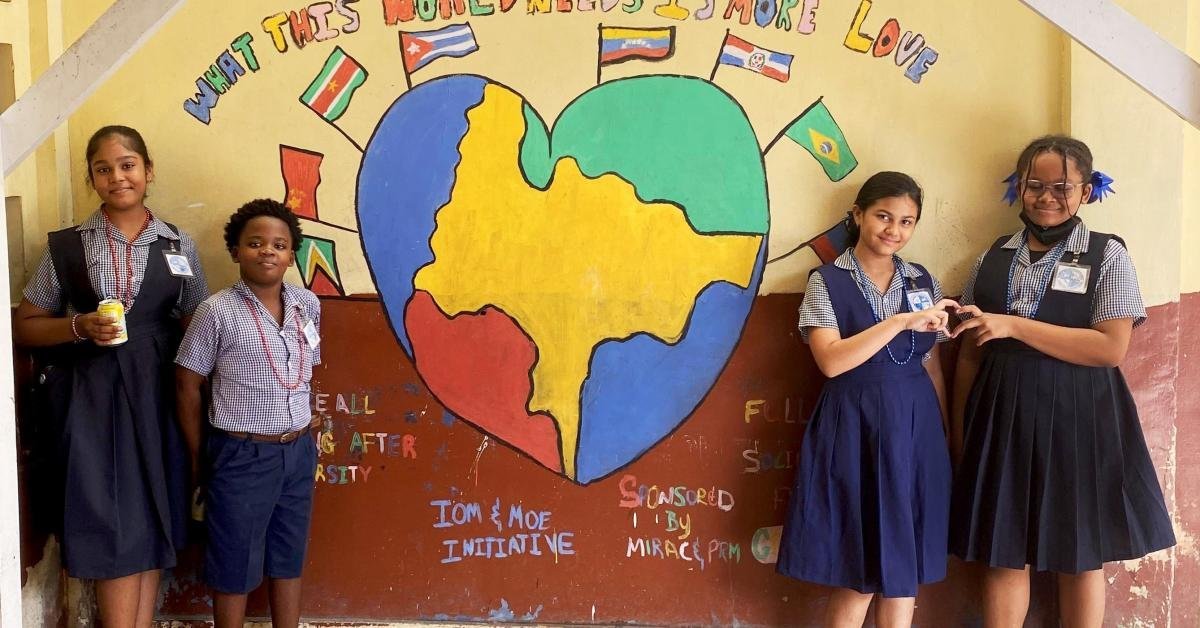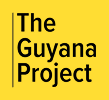Close

Guyana’s education landscape has seen a significant shift with the permanent implementation of the G$50,000 school cash grant under the “Because We Care” initiative. What was once a temporary response to national challenges has now become a vital pillar in the government’s long-term strategy to enhance educational equity and support for families.
The program, first introduced in 2021 with an initial disbursement of G$15,000 per student, has grown steadily over the years. Today, it provides G$50,000 per child, along with an additional G$5,000 for school uniforms, totaling G$55,000 annually for every student in both public and private schools (Ministry of Education).
This investment directly impacts over 214,000 school-aged children across the country. In 2023 alone, more than G$10 billion was distributed to families nationwide, easing the financial burden associated with back-to-school expenses (Guyana Chronicle).
The grants play a crucial role in supporting families, particularly those in vulnerable communities. By helping to cover costs such as transportation, stationery, and meals, the initiative promotes consistent school attendance and supports student performance. In rural and hinterland regions, where access and affordability can be significant barriers, the program helps bridge educational gaps and promote equal opportunities.
Beyond immediate financial relief, the initiative is a strategic investment in the country’s human capital. With a focus on long-term national development, the grant is designed to enhance access to education, reduce dropout rates, and support the creation of a more skilled and educated workforce.
By making the program permanent, the government has demonstrated its commitment to social progress and educational reform. This policy signals a shift from short-term aid to sustained national investment—empowering families and strengthening the education system.
The continuation of the G$50,000 grant program affirms a vision where every child, regardless of background, is given the tools to succeed. It is more than a financial measure; it is a national promise to invest in the future. Through this initiative, Guyana is not just providing assistance—it is laying the foundation for a more educated, equitable, and prosperous society.

The Guyana Project is an independent media platform delivering fact-checked, ground-level reporting on politics, economy, and public life in Guyana. With a focus on transparency and development, we bring unfiltered news and thoughtful analysis to help shape a more informed, forward-looking nation.


Lorem Ipsum is simply dummy text of the printing and typesetting industry. Lorem Ipsum has been the industry’s standard dummy text ever since the 1500s, when an unknown printer took a galley of type and scrambled it to make a type specimen book. It has survived not only five centuries, but also the leap into electronic typesetting, remaining essentially unchanged. It was popularised in the 1960s with the release of Letraset sheets containing Lorem Ipsum passages, and more recently with desktop publishing software like Aldus PageMaker including versions of Lorem Ipsum.
t is a long established fact that a reader will be distracted by the readable content of a page when looking at its layout. The point of using Lorem Ipsum is that it has a more-or-less normal distribution of letters, as opposed to using ‘Content here, content here’, making it look like readable English. Many desktop publishing packages and web page editors now use Lorem Ipsum as their default model text, and a search for ‘lorem ipsum’ will uncover many web sites still in their infancy. Various versions have evolved over the years, sometimes by accident, sometimes on purpose (injected humour and the like).
Contrary to popular belief, Lorem Ipsum is not simply random text. It has roots in a piece of classical Latin literature from 45 BC, making it over 2000 years old. Richard McClintock, a Latin professor at Hampden-Sydney College in Virginia, looked up one of the more obscure Latin words, consectetur, from a Lorem Ipsum passage, and going through the cites of the word in classical literature, discovered the undoubtable source. Lorem Ipsum comes from sections 1.10.32 and 1.10.33 of “de Finibus Bonorum et Malorum” (The Extremes of Good and Evil) by Cicero, written in 45 BC. This book is a treatise on the theory of ethics, very popular during the Renaissance. The first line of Lorem Ipsum, “Lorem ipsum dolor sit amet..”, comes from a line in section 1.10.32.